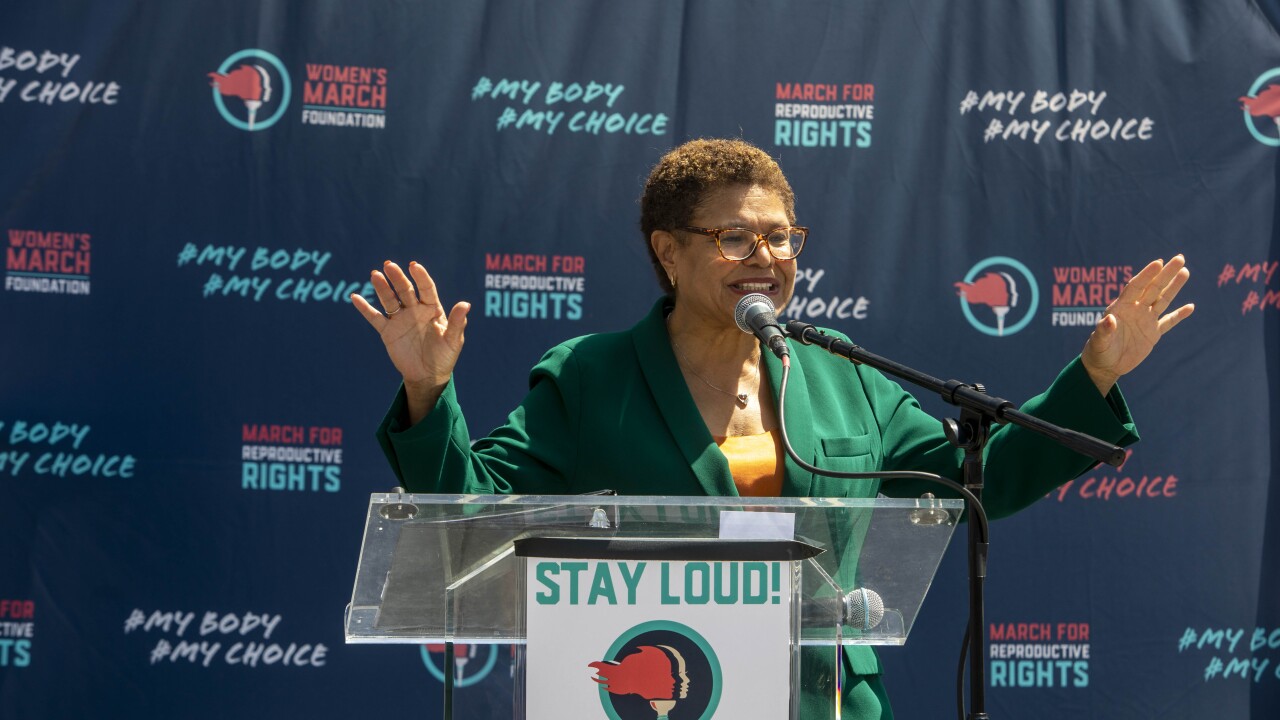DALLAS — The Texas Senate’s proposed $158.7 billion spending plan for fiscal 2012 and 2013 is 15% lower than the current $187.5 billion budget but $2.3 billion more than the House’s two-year budget proposal.
Direct aid to local school districts of $33.3 billion is $9.3 billion less than needed to fund current school finance formulas but $500 million more than in the House budget.
The Senate would also allocate $21.6 billion for higher education, saving four college districts that would be eliminated under the House’s $21.1 billion proposal.
Several educational programs that were eliminated in the House budget, including pre-K funding and teacher incentives, are funded in the Senate proposal, but at $400 million rather than the $1.8 billion they received under the current budget.
The House budget would cut 9,600 workers from the state payroll, but the Senate would reduce that toll to 8,200.
One effort receiving a funding increase — though not a huge one — is border security, which would get a raise of $500,000 to $111.5 million.
The Senate’s two-year budget would be financed by $73.8 billion in general fund revenue, $5.9 billion of dedicated general fund revenue, $52.5 billion from the federal government, and $26.4 billion from other sources.
Neither of the two-year budget proposals calls for tapping Texas’s $9.4 billion rainy-day fund.
The Senate budget was introduced Monday by Sen. Steve Ogden, R-Bryan, chairman of the Senate Finance Committee. Hearings on the proposed budget will begin Jan. 31.
Ogden said SB 1 is the starting point for developing a budget acceptable to a majority in the 31-member Senate.
“Not a single senator has walked up to me and said, 'You know, I like that bill, let’s vote it out tomorrow,’ ” he said. “We’re going to go work on it and see what it’s going to take to get 21 senators to bring this bill to the floor.”
Ogden said the Legislature should consider revising the formula for determining aid to local education. He said school enrollment in Texas goes up 80,000 students each year, while local districts have seen their property tax revenue drop by $2 billion over the last two years due to declines in property values.
“Either we’re going to have to add some money or change the law,” Ogden said.
Sen. Kirk Watson, D-Austin, said he opposes the current budget proposal.
Lawmakers have no choice but to cut spending to match available revenue, he said, but the current budget proposal “undermines the Texas economy and our ability to remain competitive.”
“It’s bad for business, bad for the middle class, and bad for Texas’ future,” Watson said. “Luckily, there’s still time to work on it.”
The $15.4 billion for the Texas Department of Transportation over the next two fiscal years includes $64.7 million of federal subsidies on $1.2 billion of Build America Bonds issued by TxDOT in 2009, $740.9 million of general obligation bond proceeds, and $396 million of state highway revenue bond proceeds.
The state’s total debt service will go up more than 17%, to $3.3 billion over the next two years from $2.8 billion in the current budget.
State debt service includes $708.3 million on GO bonds issued for state agencies by the Texas Public Finance Authority, $750 million for bonds supported by the Texas Mobility Fund, $692 million for TxDOT GO bonds, and $600 million to service tuition revenue bonds.





